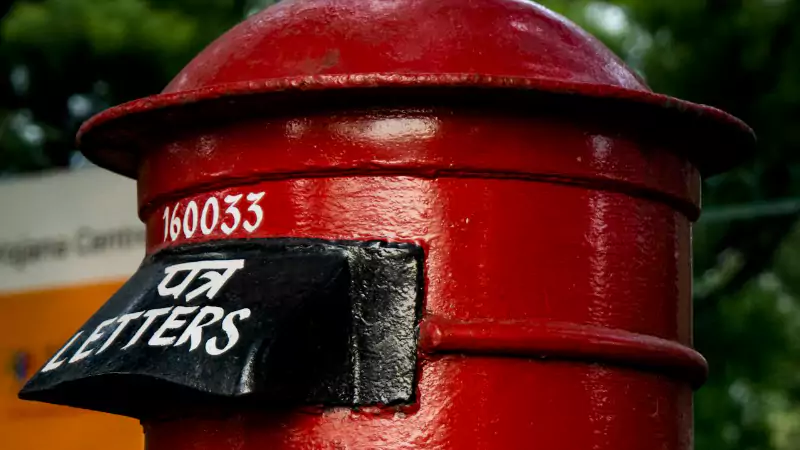Remember the iconic Bollywood song “Dakiya Dak Laya” from Palkon Ki Chhaon Mein?
That postman was more than a messenger — he was a bridge. Between mothers waiting for news of sons in faraway lands… between soldiers writing from borders… and husbands sending “money orders” to wives in distant villages.
Postcards were filled corner to corner — even around the edges — so as not to waste a single inch. They were journals of longing. Updates from the frontlines of life. Almost like social media today… just without filters.
The postman didn’t just deliver letters. He read them aloud for those who couldn’t. Sometimes, he was even dictated content to pen down for eyes too myopic to write. Children would run after his bicycle, shrieking in anticipation and joy. He embodied hope — dressed in dusty khaki, making his rounds, ringing his bicycle bell like a hymn of connection.
And now, as India ends five decades of regular postal service, it feels like the end of an era. An era where silence had space. Where distance had dignity.
This nostalgia is not just about letters or postmen. It is about a deeper loss — the loss of slow, tangible connection. Of ritual. Of intimacy. Of being seen.
It was a Sunday ritual in my home: writing letters, making birthday cards, sealing envelopes, licking stamps with pride, and walking down the road holding Daddy’s hand to drop them in the postbox. To my little mind, the postbox was a formidable little monster — red, with a black hat — ready to devour my weekend’s labour. Daddy tried to explain it was harmless. I was never convinced.
The joy of receiving mail was unmatched. To have your name written on an envelope was an ego boost, a quiet proof of being remembered. I would stare at the envelope for hours before opening it, savouring anticipation like the last bite of dessert.
That is why I grieve the end of mail. In its quiet way, it made us visible and heard. It gave us a ritual of connection. A proof of presence.
And that’s what we really want, isn’t it? To be remembered. To be written to. To be looked for at the door.






Leave a Comment